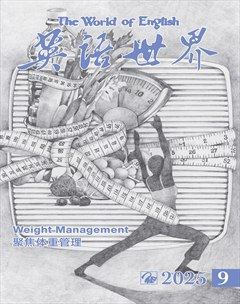世人都说读书好,但好在哪里?即使劝人读书者,也未必能说出个所以然来,且书浩若烟海,读什么书?即使劝人读书这一行为本身,也俨然成了一种社会现象。
It is well acknowledged that reading books is beneficial, but in what way? Even those who encourage reading may struggle to account for the exact reasons. Moreover, with the number of books as vast as the ocean, we often wonder which ones to choose. Even the act of persuading others to read in itself has become a social phenomenon.
关于读书之好,可分为两个层次,一是物质上的,一是精神上的。物质上的读书是功利的,几乎各个时代都有《劝学篇》2,比如荀子的、赵恒的、张之洞的、宋真宗的等,而劝学或劝读的出发点也多是以功利为之,像“书中自有颜如玉”“书中自有黄金屋”3之类的劝诫比比皆是。虽然各个时代对读书的目标定位不同,但多是朝着“有用”的目标出发的。对于追求功利者,目标实现,书自然是宝,反之自暴自弃。周期性出现的读书无用论,便是对于借读书而获利目标失望情绪的流露。
The value of reading can be assessed from two dimensions: materially, and spiritually. Reading for material gain is utilitarian. Throughout history, virtually every era has its own Encouragement to Study, such as Encouragement to Study by Xunzi, Zhao Heng, Zhang Zhidong and Emperor Zhenzong of Song, the starting point of which is to promote reading as a path to success and fame. Classic sayings to exhort one to read like “In books, you’ll find beauties as fair as jade; in books, riches as precious as gold” epitomize this utilitarian view. While reading goals vary from era to era, the focus mostly remains on tangible rewards. For those in pursuit of such gains, books are treasures—on the contrary they abandon themselves to defeats. The periodic emergence of the argument “Reading is useless” is a reflection of the outpouring of disappointment toward the goal of profiting from reading.
精神上的读书是积极的,图的是精神之用,是世俗者眼中的“无用”之用。无论是为了获取知识,还是为了提升认识、开阔眼界,都是一种高贵的精神追求,为此目标而读书者是不用劝的,读书与否,归根结底是有用和无用、世俗和精神之争。
Reading for spiritual nourishment is positive, seeking for spiritual utility, which is a proactive pursuit of intellectual nourishment, deemed “useless” in the eyes of the worldly pragmatists. Either to acquire knowledge, or to deepen insight or to broaden one’s vision, reading embodies noble spiritual pursuit. Therefore, readers with this goal need no persuasion, for the choice to read or not intrinsically hinges on a dialectical conflict between pragmatism and idealism, alongside the mundane and the spiritual.
需要劝读才读书的人是社会上的普通人群,而书也一定是要能够读得懂的那种,最直接的是文史哲类的书。





